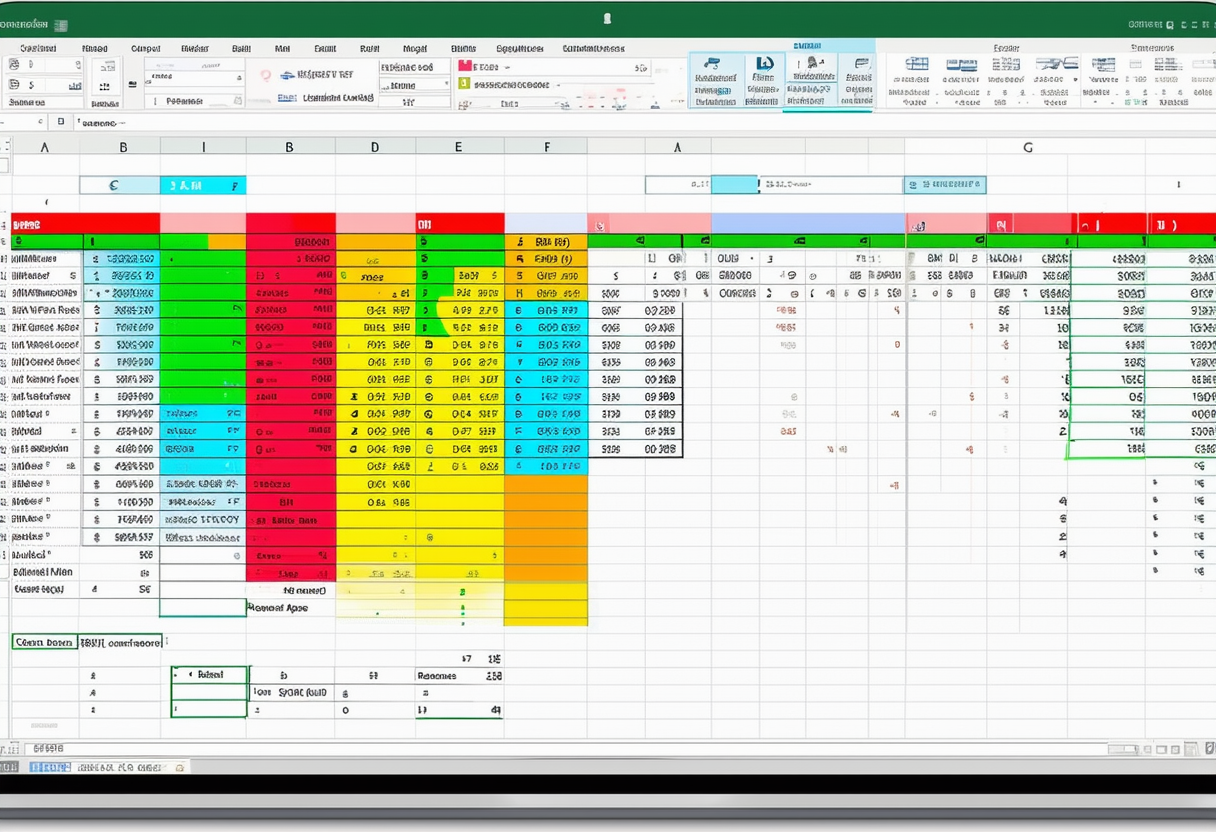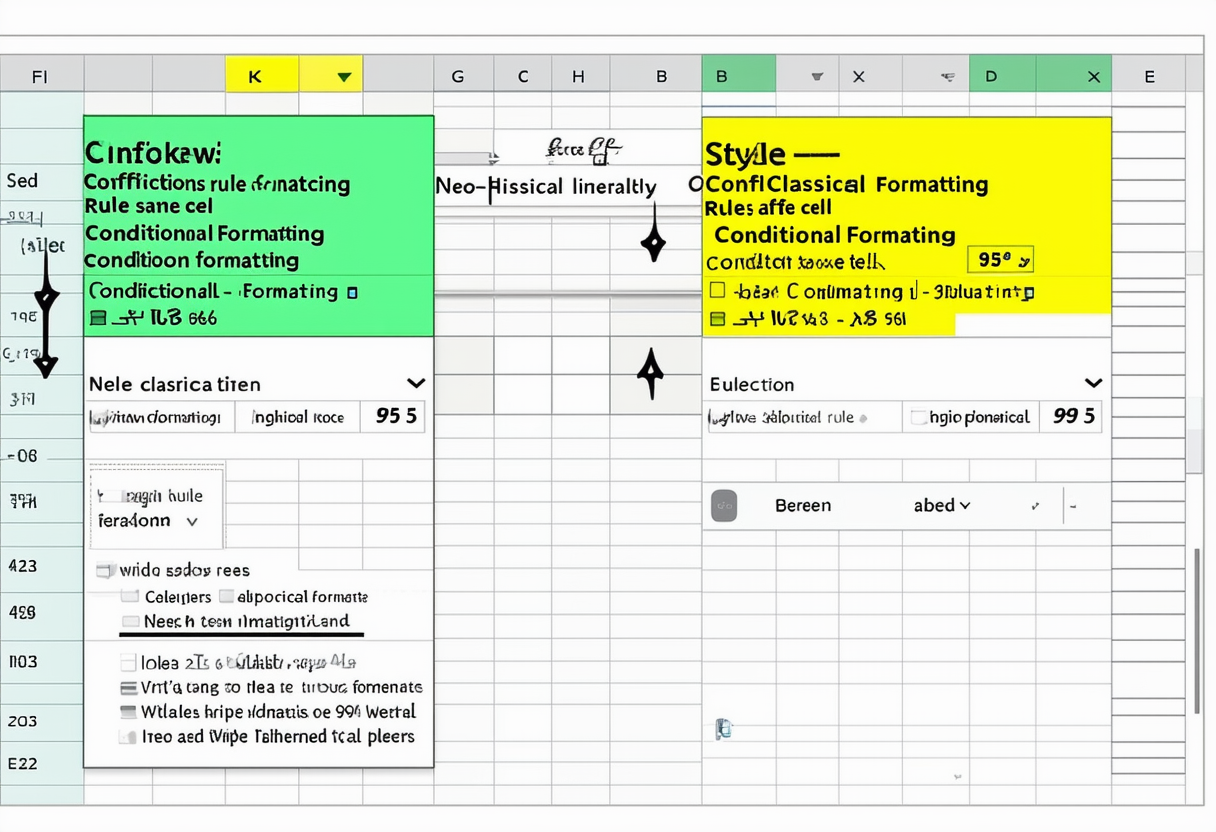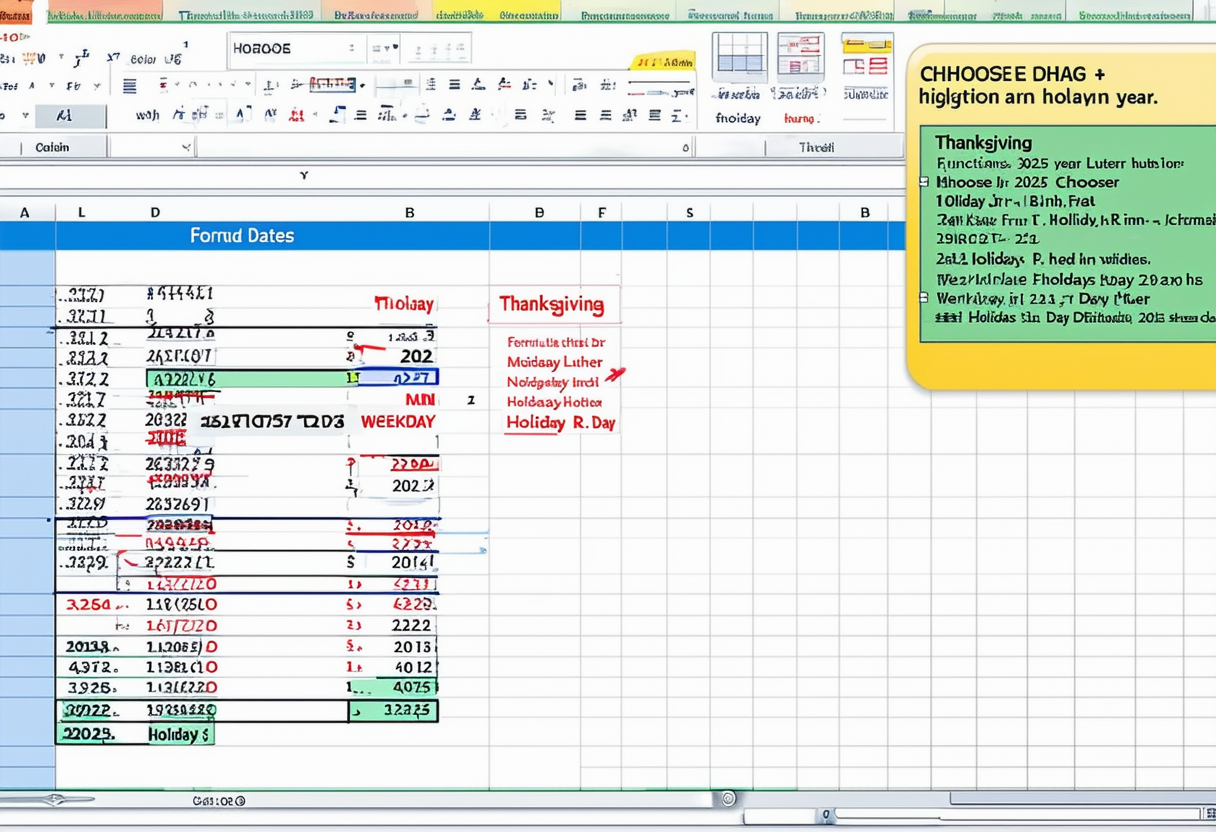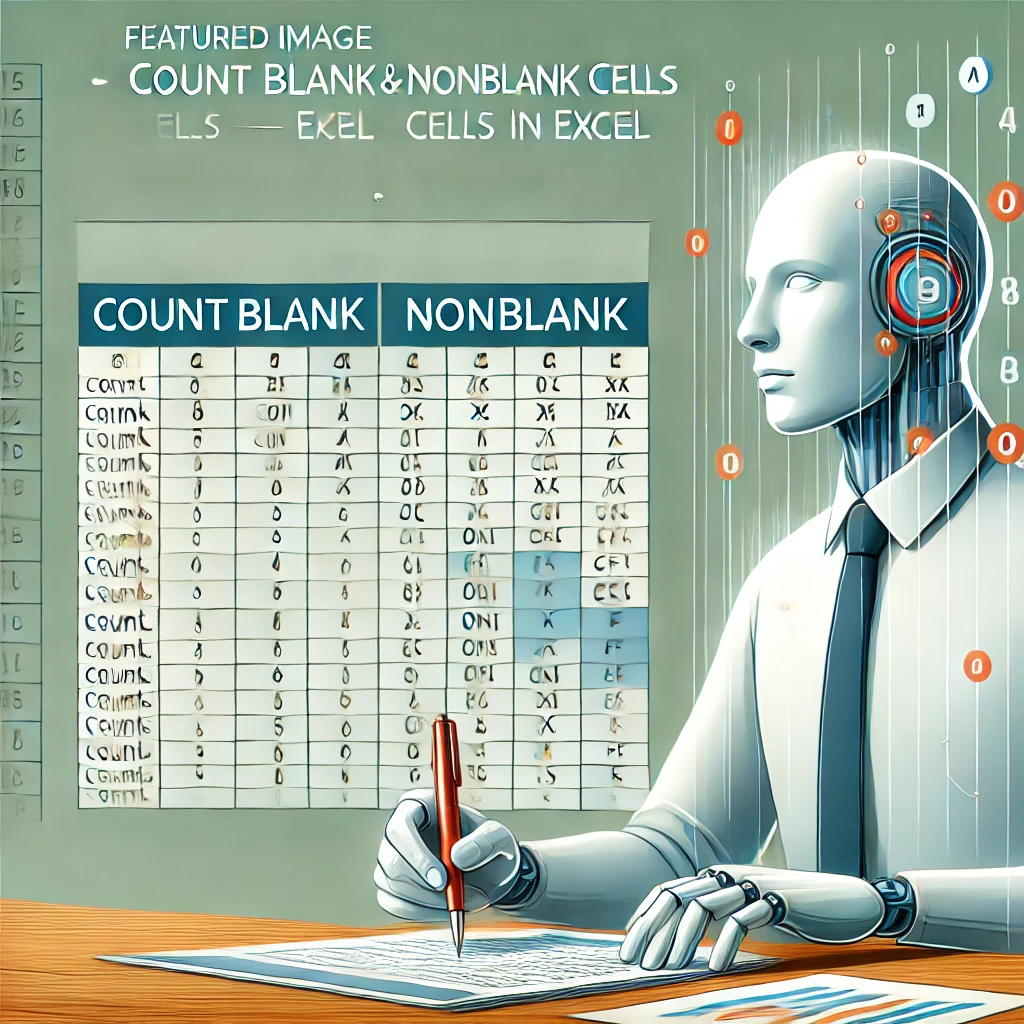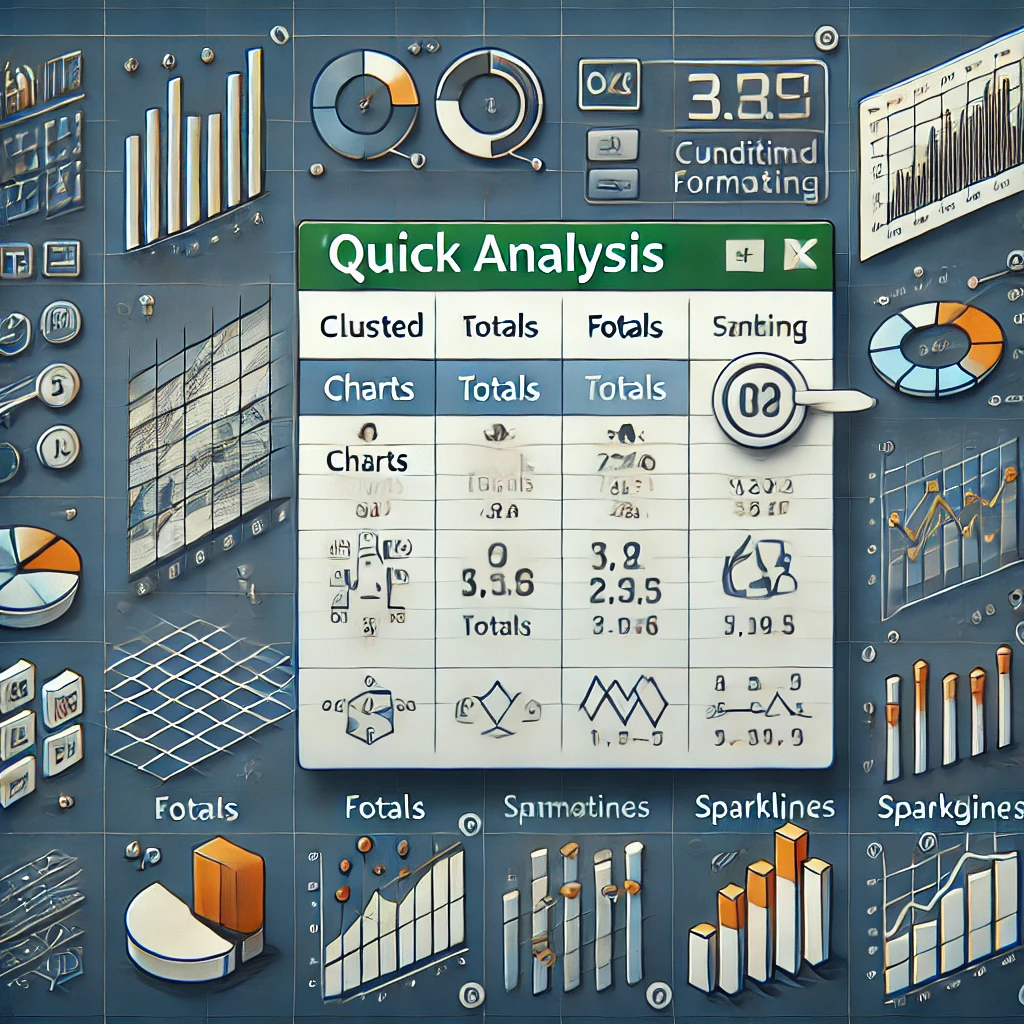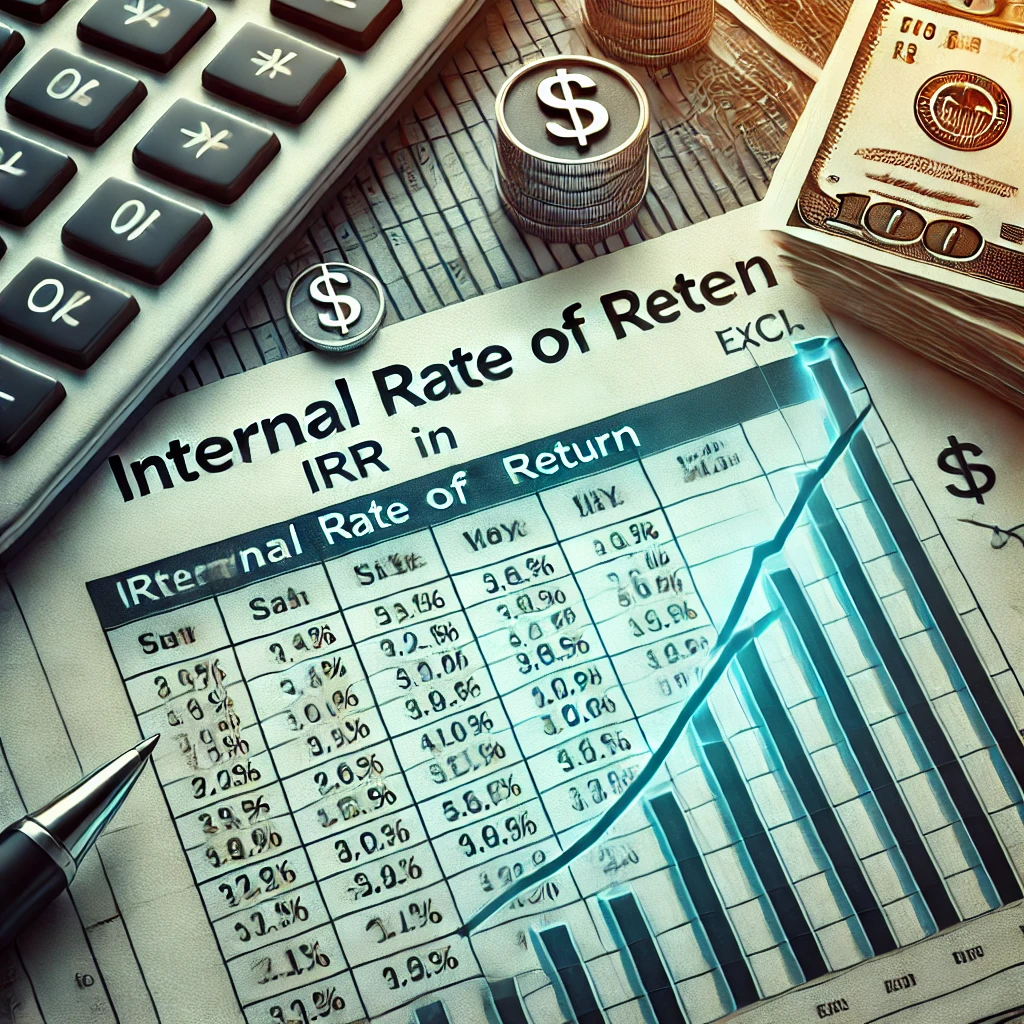Table of Contents
In recent years, the integration of Artificial Intelligence (AI) technology has revolutionized various industries, offering new possibilities and streamlining processes. One such industry that has greatly benefited from AI is data analysis and automation, and Excel has emerged as a powerful tool in harnessing the potential of AI. Understanding the role of AI in Excel, its impact on data analysis, and the benefits it brings to users are key to harnessing its full potential.
Understanding AI in Excel
AI in Excel refers to the incorporation of machine learning algorithms that enable automation and intelligent decision-making within the software. By using AI, Excel can analyze and interpret complex data sets, facilitating the discovery of patterns, trends, and insights that would be difficult to uncover manually. This integration of AI empowers users with enhanced data analysis capabilities and the ability to make data-driven decisions with greater accuracy and efficiency.
What is AI in Excel?
AI in Excel involves the application of advanced algorithms and techniques to perform tasks that would typically require human intervention. These algorithms are designed to learn and adapt based on patterns in the data, empowering Excel to make predictions, classify information, and automate repetitive tasks.
The Evolution of AI in Excel
Over the years, AI in Excel has evolved significantly. Initially, Excel primarily focused on data organization and simple calculations. However, with advancements in technology, Excel’s AI capabilities have expanded to include sophisticated analytical tools, such as Power Query and Power Pivot, which enable users to perform complex data transformations and analysis with ease. This evolution has transformed Excel from a basic spreadsheet tool to a powerful platform for data analysis and automation.
The Role of AI in Data Analysis
Data analysis is a critical aspect of decision-making in many industries. AI in Excel enhances data analysis by providing powerful features that simplify the process and reveal insights that might otherwise remain undiscovered.
How AI Enhances Data Sorting and Filtering
Excel’s AI-powered data sorting and filtering capabilities enable users to efficiently organize and analyze large datasets. The AI algorithms automatically recognize patterns, categorize data, and suggest filters and groupings, saving users valuable time and effort in manual categorization.
Predictive Analysis with AI in Excel
AI enables Excel to perform predictive analysis, allowing users to forecast trends and make informed decisions based on historical data. By analyzing multiple variables and their relationships, Excel’s AI algorithms can accurately predict outcomes, empowering businesses to proactively respond to potential challenges and opportunities.
AI and Automation in Excel
Automation is a key area where AI in Excel has made a significant impact. By leveraging AI, Excel enables users to automate repetitive tasks, freeing up valuable time and resources for more valuable activities.
The Impact of AI on Excel Tasks Automation
Excel’s AI features provide users with automated solutions that streamline the execution of repetitive tasks. For example, Excel’s AI can automatically recognize data trends and generate insights, eliminating the need for manual data analysis. This automation enables users to focus on higher-value activities, such as strategic decision-making and analysis.
AI and Macro Automation in Excel
Excel’s AI capabilities extend to the automation of macros, which are recorded sequences of commands and actions in Excel. With AI, macros can be programmed to recognize patterns, adapt to variations in data, and perform complex tasks automatically. This level of automation enhances productivity and accuracy while reducing the risk of human error.
Benefits of Using AI in Excel
The integration of AI in Excel offers numerous benefits for businesses and individuals alike. These benefits encompass improved accuracy, efficiency, and time-saving aspects that enhance productivity and decision-making.
Improved Accuracy and Efficiency
AI in Excel enables users to analyze intricate datasets accurately, minimizing the possibility of human error. By automating complex calculations and data transformations, AI enhances efficiency and accuracy, freeing up valuable time for users to focus on more strategic tasks.
Time-saving Aspects of AI in Excel
The time-saving benefits of AI in Excel are significant. AI algorithms can swiftly process vast amounts of data, execute analysis quickly, and generate insights promptly. This expedites decision-making processes, enhances operational efficiency, and provides businesses with a competitive advantage in today’s fast-paced markets.
Future Perspectives of AI in Excel
The future of AI in Excel is promising, and Microsoft has plans to continue expanding its AI capabilities within the software. Users can look forward to upcoming features that will further enhance data analysis, automation, and business intelligence within Excel.
Upcoming AI Features in Excel
Microsoft is actively developing AI features to extend Excel’s capabilities. These include advanced natural language processing (NLP) algorithms that will enable users to interact with Excel using conversational language, making data analysis and automation more intuitive and user-friendly.
The Potential of AI in Excel for Business Intelligence
As AI continues to evolve, Excel’s potential as a powerful tool for business intelligence is becoming increasingly clear. By leveraging AI algorithms, businesses can gain deeper insights into their data, identify trends, and make more informed decisions. As a result, AI in Excel has the potential to revolutionize the way businesses harness their data to drive growth and success.
Coordinating with Sales Post-Conference
Coordinating with the sales team is crucial post-conference to maximize the value derived from the event and convert leads into customers. Here are five ways to effectively coordinate with sales:
- 1. Share Leads: Ensure that all leads generated during the conference are promptly shared with the sales team. This enables them to follow up promptly and engage with potential customers while their interest and enthusiasm are still high.
- 2. Provide Detailed Information: Give the sales team comprehensive information about each lead, including their specific interests and interactions during the conference. This equips the sales team with valuable insights to tailor their approach and conversations with potential customers.
- 3. Schedule Follow-up Calls or Meetings: Coordinate with the sales team to schedule follow-up calls or meetings with the leads. Setting a specific date and time increases the likelihood of successful interactions and allows for proper preparation by both parties.
- 4. Collaborate on Follow-up Strategies: Work together with the sales team to develop effective follow-up strategies that align with the conference’s goals and the target audience’s preferences. This collaboration ensures that follow-up interactions are tailored, impactful, and increase the chances of conversion.
- 5. Monitor Progress and Provide Support: Regularly check in with the sales team to monitor progress, offer support, and address any challenges that may arise during the follow-up process. This ongoing collaboration reinforces the importance of coordinated follow-up and allows for timely adjustments if needed.
Coordinated follow-up is extremely important to successful B2B events. Without proper coordination, leads may be left unattended, and potential opportunities may be missed. The synergy between the event team and the sales team is essential to maximizing the return on investment from the event and converting leads into customers.
In conclusion, the integration of AI in Excel has elevated its capabilities in data analysis and automation, revolutionizing the way businesses operate. By understanding and harnessing the power of AI in Excel, users can unlock valuable insights, streamline workflows, and make data-driven decisions with greater accuracy and efficiency. As AI continues to evolve, the future of Excel holds even greater promise, empowering businesses to gain a competitive edge and transform the way they utilize data. Moreover, coordinated follow-up with the sales team after conferences is crucial to capitalize on the leads generated and convert them into valuable customers. The successful coordination between the event team and sales post-conference is central to driving business growth and achieving tangible results in the B2B landscape.




